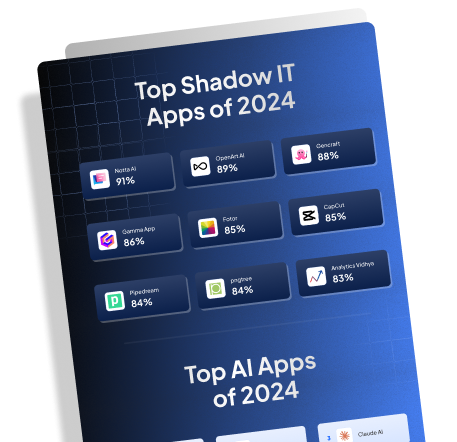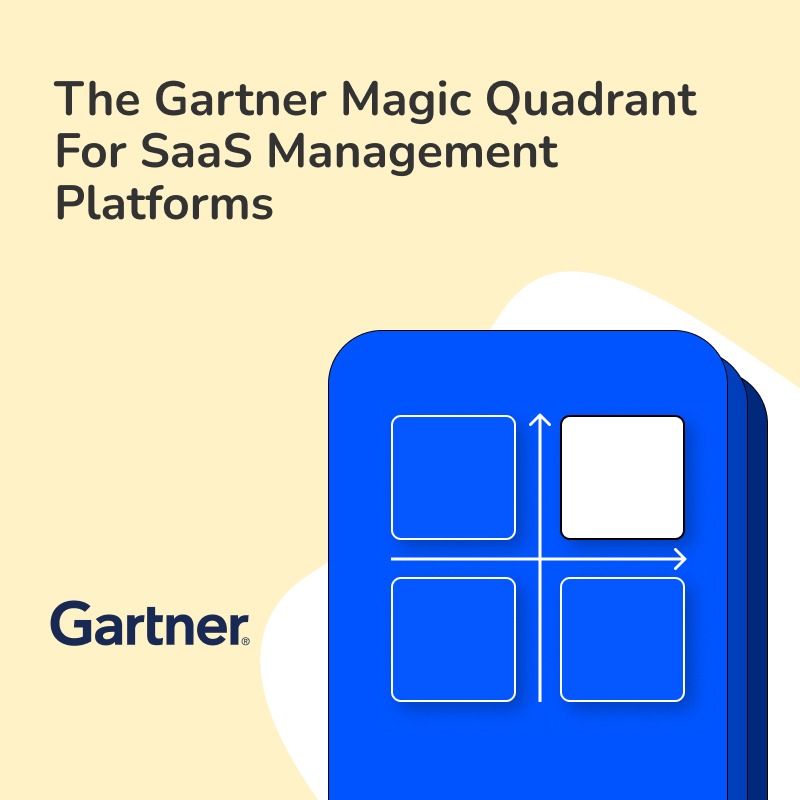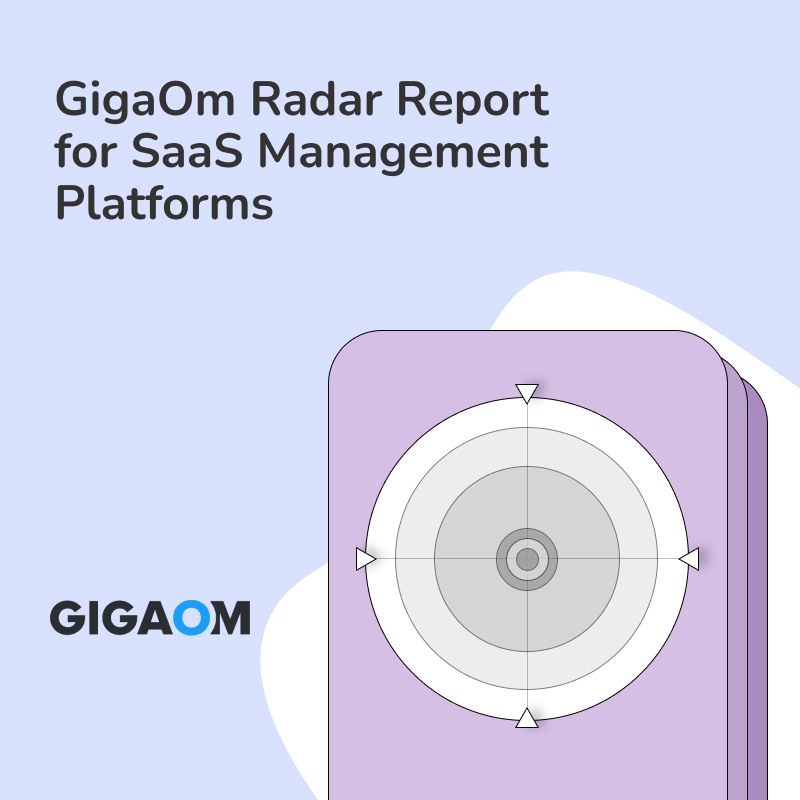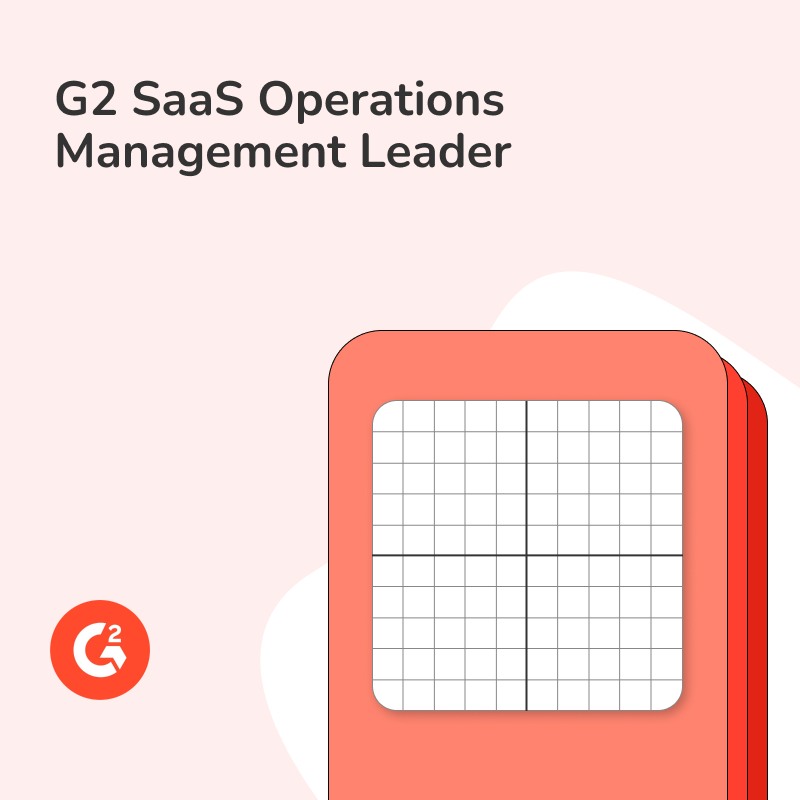Have you ever wondered how your organization’s technology investments stay secure amid constant change? When we think about safeguarding IT interests, the complexity of procurement contracts can be daunting. But don’t worry—you’re not alone in feeling overwhelmed. This article is designed to cut through the noise and provide clarity on how procurement contracts serve as vital shields for your IT infrastructure. We’ll unpack the essentials that help ensure your tech investments remain protected against risks and disruptions. Ready to get started? For more insights on Vendor Management, check out Torii’s Vendor Renewal Management.
A procurement contract is crucial for protecting IT interests in an organization. Why? Because it sets clear terms and conditions for the interaction between the organization and its vendors. When expectations are spelled out, there’s less room for misunderstandings or conflicts. For instance, precise definitions of deliverables, pricing structures, and performance standards prevent misalignment on what’s supposed to be achieved.
Think about it. If a vendor underperforms or doesn’t deliver as expected, wouldn’t it be simpler to refer to a contract that details all the agreed-upon performance standards? A well-drafted procurement contract ensures that everyone is on the same page from day one. It also helps in setting realistic deadlines and performance metrics, making sure that both parties meet their obligations.
The importance of security cannot be overstated, especially in IT. Procurement contracts enforce compliance with established security protocols. This compliance reduces vulnerabilities and ensures that vendors meet the security standards vital for safeguarding sensitive information. Intellectual property is another aspect where these contracts shine. They spell out ownership rights, making it clear who retains control over proprietary technologies or data. This is key in preventing any unintentional IP leaks or disputes over ownership.
But what about risks related to vendor performance or service delivery? Procurement contracts are excellent risk mitigators. They often include penalty clauses or contingency plans, ensuring that organizations are not taken by surprise if something goes wrong. For example, if a vendor fails to deliver on time, the contract might include financial penalties. This not only encourages timely delivery but also offers a form of compensation in case of delays.
Acknowledge the complexity of IT procurement. It involves a lot of moving parts—security, intellectual property, performance metrics, and financial terms. However, a well-crafted procurement contract simplifies these complexities. It acts as a mental model or framework for both parties. In short, it lays the foundation for a successful vendor relationship by preemptively addressing potential pitfalls.
Best Practices for Drafting Effective Procurement Contracts
Creating a robust procurement contract is essential for safeguarding your organization’s IT interests. Here are some tailored best practices to help you draft agreements that stand the test of time and rigorously protect your interests.
1. Define Clear Deliverables and Timelines
- Specificity is Key: Clearly outline what you expect from the vendor. This includes detailed descriptions of all deliverables and associated timelines. By being specific, you eliminate ambiguity and set clear expectations.
- Milestones and Deadlines: Use milestones to break down the project into manageable phases. Setting interim deadlines helps track progress and ensures timely delivery.
2. Establish Transparent Pricing Structures
- Itemized Costs: Detail all costs involved, including initial setup fees, recurring charges, and any potential variable costs. This transparency helps in budgeting and avoids surprise expenses.
- Payment Terms: Clearly define the payment schedule, due dates, and any penalties for late payments. Ensure both parties agree on these terms to avoid future conflicts.
3. Incorporate Performance Metrics
- KPIs and SLAs: Integrate Key Performance Indicators (KPIs) and Service Level Agreements (SLAs) into the contract. These metrics set measurable standards for vendor performance.
- Regular Reviews: Schedule periodic performance reviews to assess if the vendor meets the agreed-upon metrics. This allows for timely corrections and adjustments.
4. Prioritize Security Protocols
- Compliance Requirements: Mandate compliance with industry-standard security protocols, such as ISO/IEC 27001 or GDPR. This minimizes the risk of data breaches and ensures the vendor operates within the legal framework.
- Security Audits: Include provisions for regular security audits to verify that the vendor maintains the required security standards.
5. Address Intellectual Property Rights
- Ownership Clauses: Clearly define who owns the intellectual property resulting from the vendor’s services. This is crucial for protecting proprietary technologies and safeguarding against unintentional IP leaks.
- Usage Rights: Specify the extent to which the vendor can use any IP you provide or that they develop on your behalf.
6. Include Risk Mitigation Strategies
- Penalty Clauses: Introduce penalties for non-performance or delays. These financial penalties incentivize timely and quality service delivery.
- Contingency Plans: Develop disaster recovery and business continuity plans. Outline these contingencies in the contract to prepare for unexpected events.
7. Adopt an Effective SaaS Management Platform (SMP)
- Integrated Management: Using an SMP. platforms like Torii streamline the procurement process by providing visibility into software usage, compliance, and costs.
- Efficiency and Control: Implementing an SMP ensures that your organization manages software licenses efficiently, reducing redundant spending and ensuring compliance.
8. Perform Due Diligence
- Vendor Assessment: Conduct thorough due diligence on potential vendors before entering into a contract. This includes financial stability checks, references, and past performance evaluations.
- Contract Review: Regularly review and update contracts to ensure they remain relevant and effective in addressing current and future needs.
9. Legal Expertise
- Professional Input: Engage legal professionals specialized in IT and procurement law to draft and review contracts. Their expertise ensures that all legal aspects are covered, and the contract is enforceable.
- Compliance Review: Regularly review the contract for compliance with evolving laws and regulations, adjusting clauses as necessary.
By adhering to these best practices, you can draft procurement contracts that are





